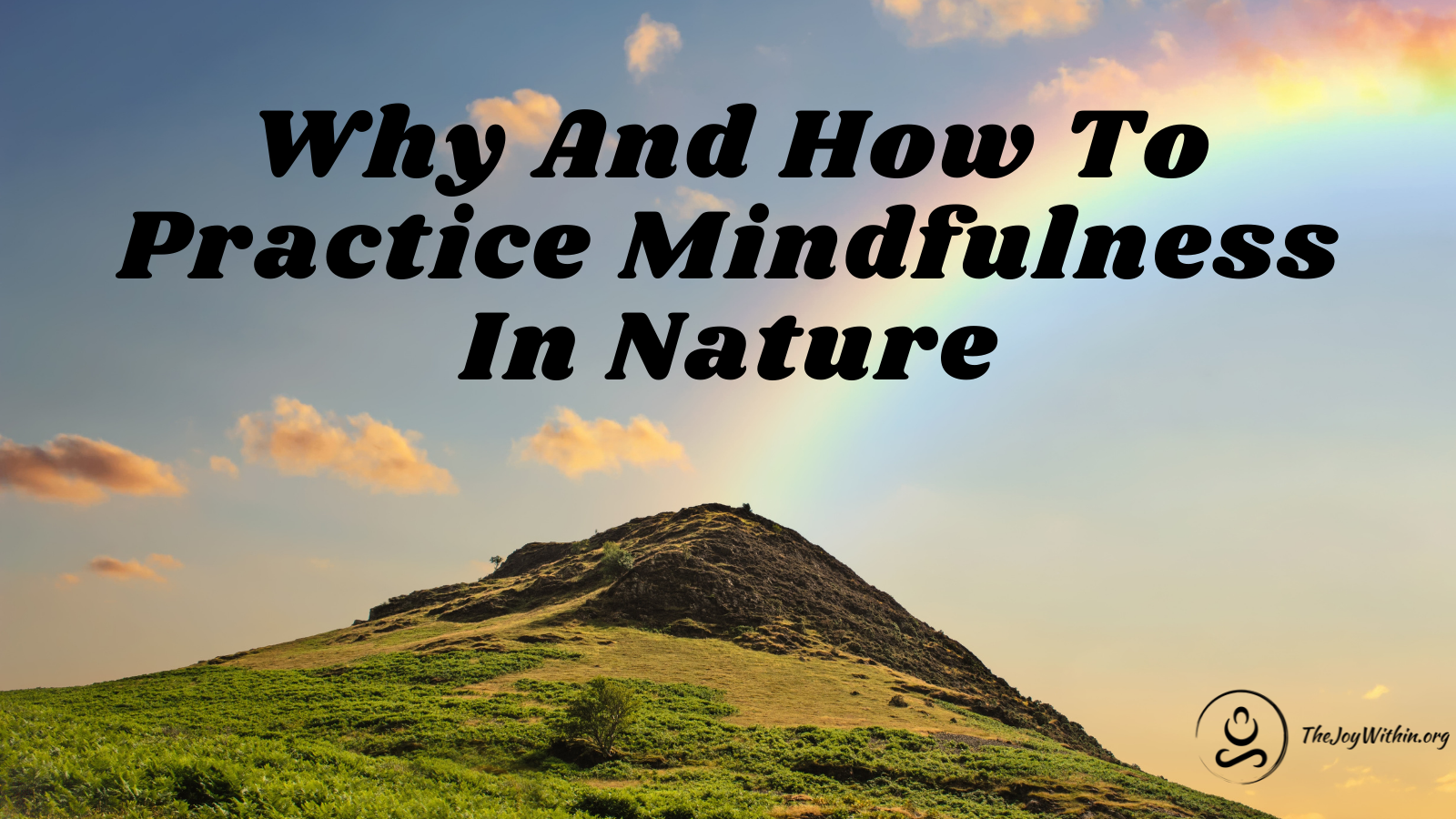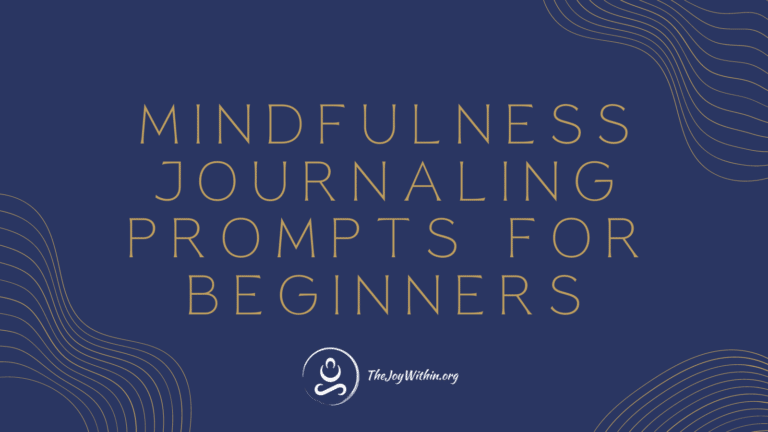When it comes to mindfulness, the environment in which you practice can play a huge role in its effectiveness.
Practicing mindfulness outdoors, for example, has a variety of added benefits as opposed to practicing inside.
In fact, in a study where participants were randomly assigned to either a 20 min guided walk outdoors, outdoors with mindfulness, or indoors; those who walked outdoors reported substantially better moods than those who walked indoors.
Further, the participants who received mindfulness training reported an even greater awareness of their surroundings and stronger connectedness with nature.
With the worldwide COVID-10 pandemic restricting a lot of our usual hobbies, there’s never been a better time to get outdoors.
In this blog, we’ve laid out 4 benefits of practicing mindfulness while in nature.
1. Less Distractions

The goal of most all mindfulness practices is to be focused on our feelings and present in the current moment.
By practicing mindfulness outside, without technology, we are able to focus solely on where we are and how we feel.
This will allow for a deeper state of focus and give you the space to really reflect on how you are feeling.
2. Lowers Stress and Lifts Mood
Spending time in nature is a great way to relieve stress and uplift yourself into a more positive place.
When implemented with a mindfulness routine, nature has a powerful ability to lower muscle tension, blood pressure, and brain activity, as well as significantly lowering the stress hormone, cortisol.
According to a study in Frontier’s Psychology, spending just 20 minutes in nature can promote happiness by lessening the effects of physical and mental stress.
3. Lowers Blood Pressure And Boosts Immune System
Spending time walking outdoors, or even just looking at nature landscapes can effectively lower blood pressure and boost the immune system.
A study in Japan found that a walk through the forest could actually lower participants’ average pulse by almost 4% and blood pressure by just over 2%.
Further, sun exposure helps your body absorb certain vitamins and minerals like Vitamin D, calcium, and phosphorus. All of which play a vital role in our bone strength and immune system.
4. Improves Sleep

Research has suggested that getting out in nature can have the ability to improve sleep by resetting our internal blocks to their natural sleep cycle.
In 2013, a researcher at the University of Colorado Boulder sent people on a week-long summer camping trip to understand how their internal clocks changed without electronics and only natural light.
The study measured participants’ levels of the sleep hormone melatonin, before and after the camping trip and found that while people’s internal clocks were delayed by two hours in their day-to-day environment, they were able to recalibrate after a week in nature.
Implementing Mindfulness Outside
Now that you know the benefits of practicing mindfulness in the outdoors, you may be wondering the best way to actually do so.
This can be whatever feels right to you.
It may mean something as simple as sitting outside and listening. It may mean taking a walk around the area and noticing the smells, and textures of your surroundings.
Or, it may mean practicing a guided meditation on your front porch.
For more specific exercises, check out our blog post: 5 Exercises To Practice Mindfulness In Nature.
Whatever you decide, take a few moments each week to put it to use.
If you’d like, you can experiment with your practice both inside and outside to notice the difference and potentially enhanced benefits.




